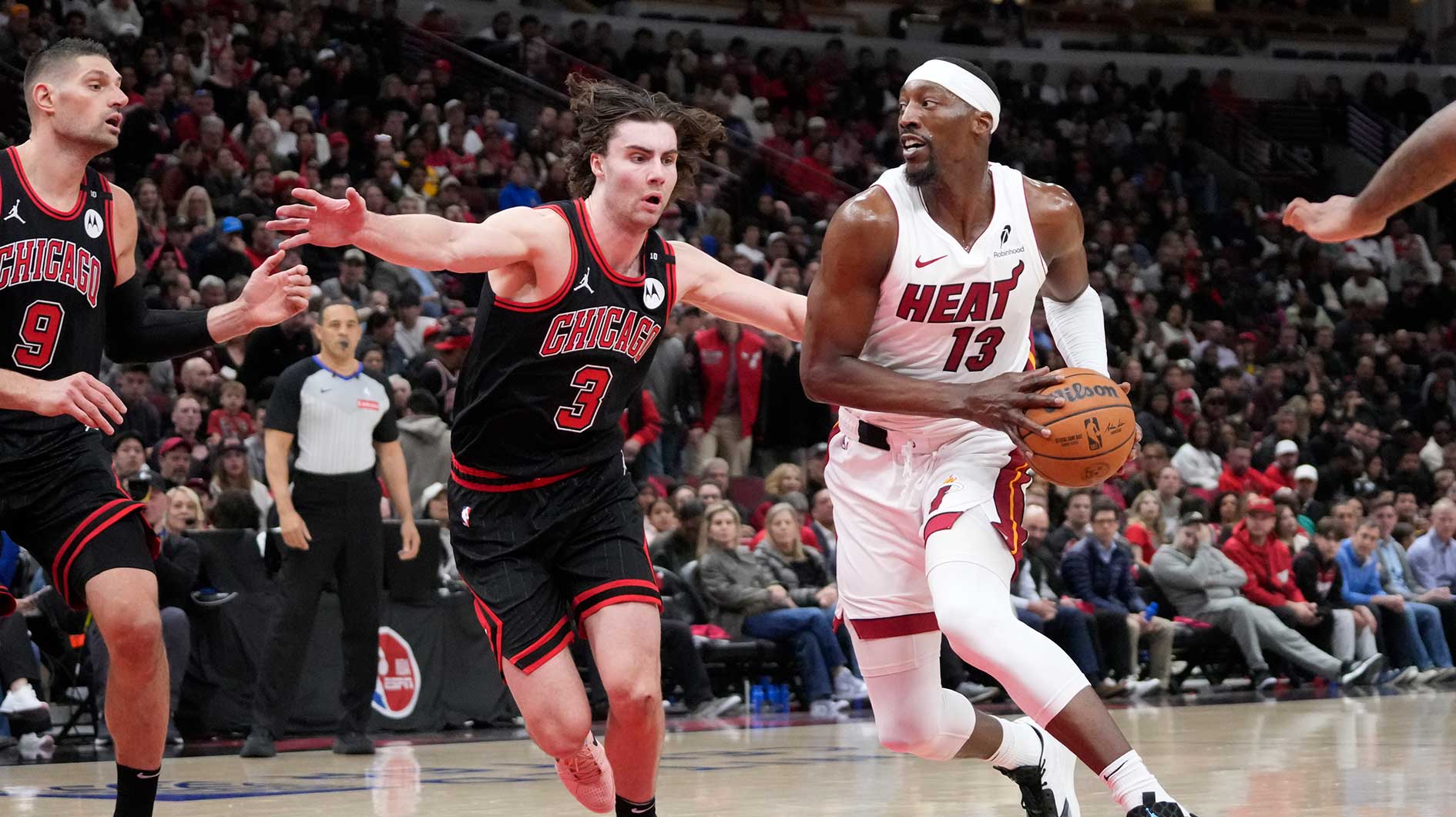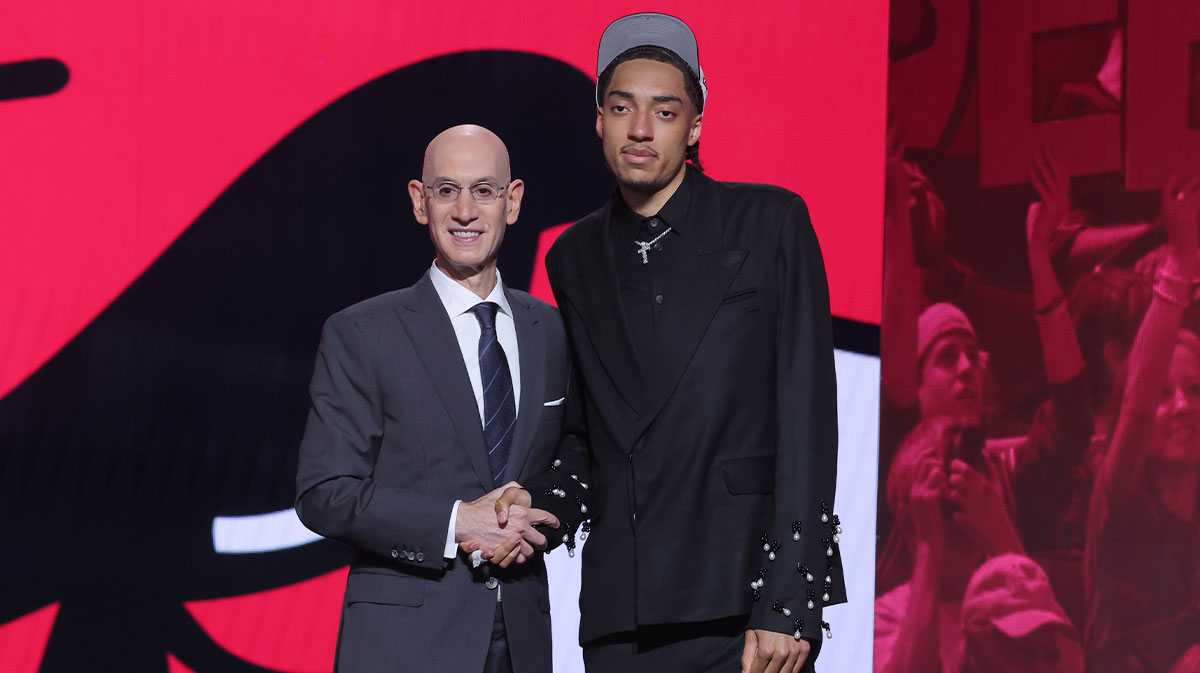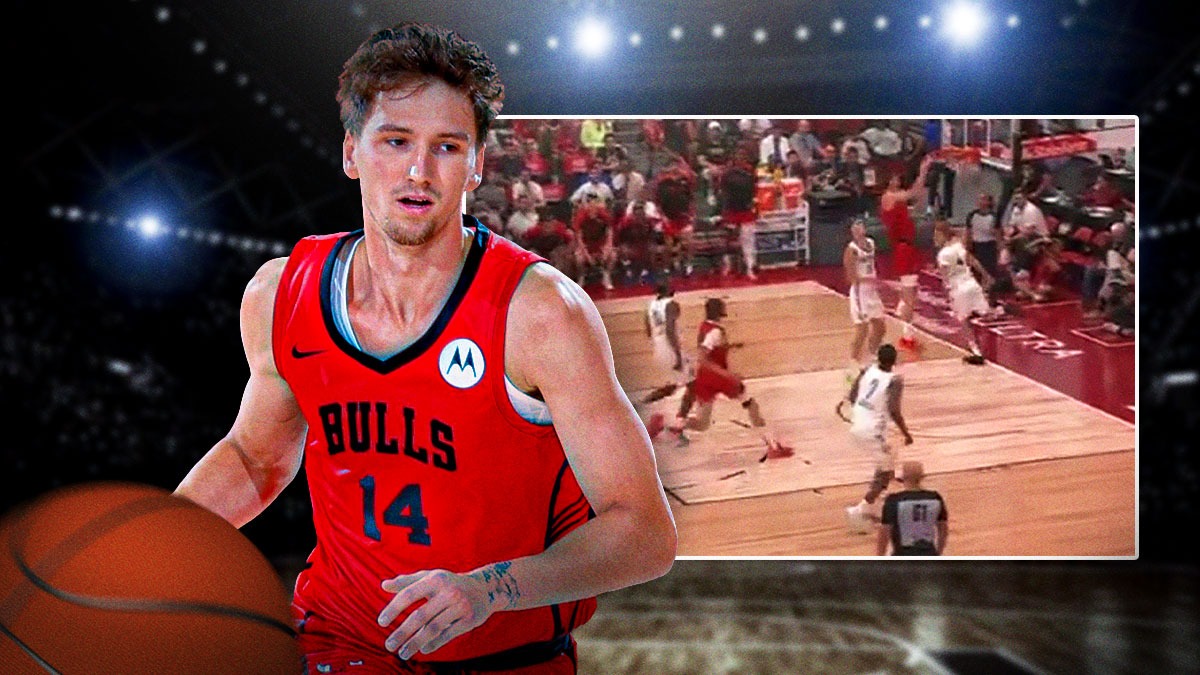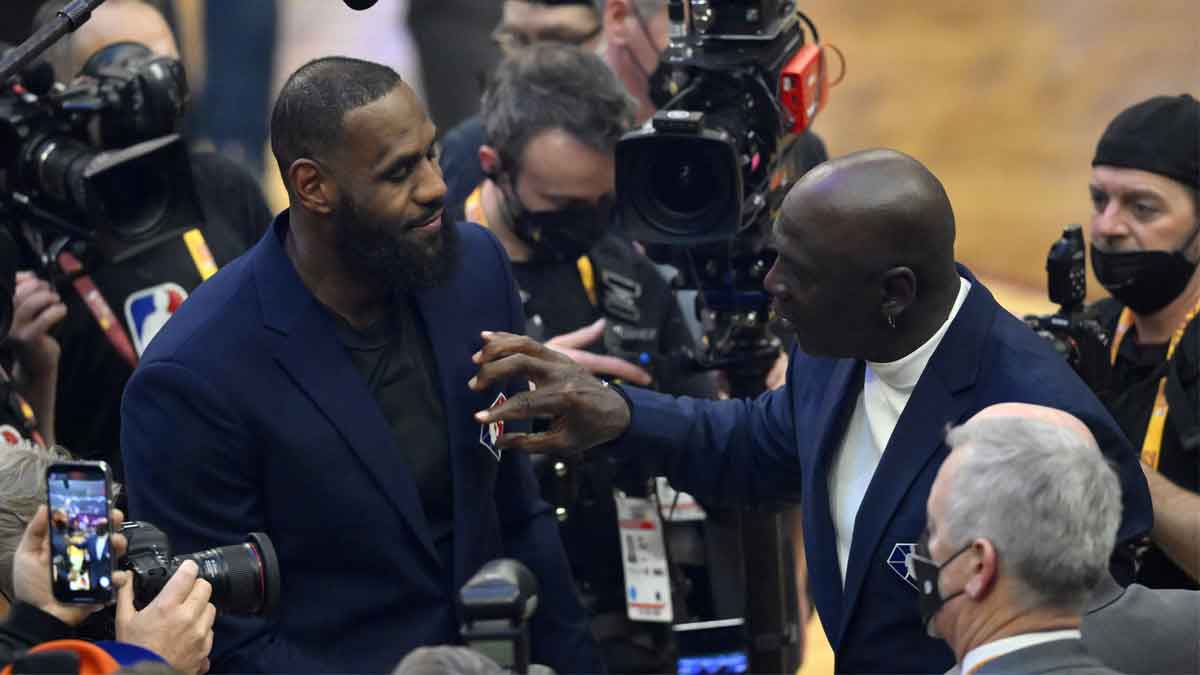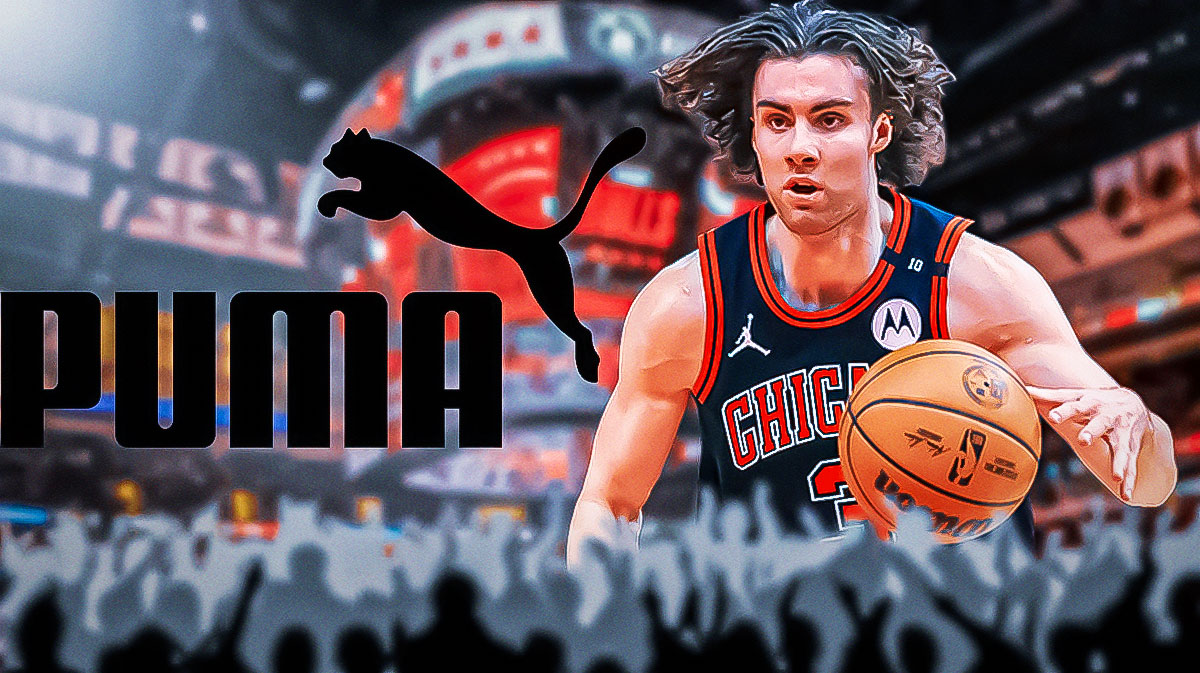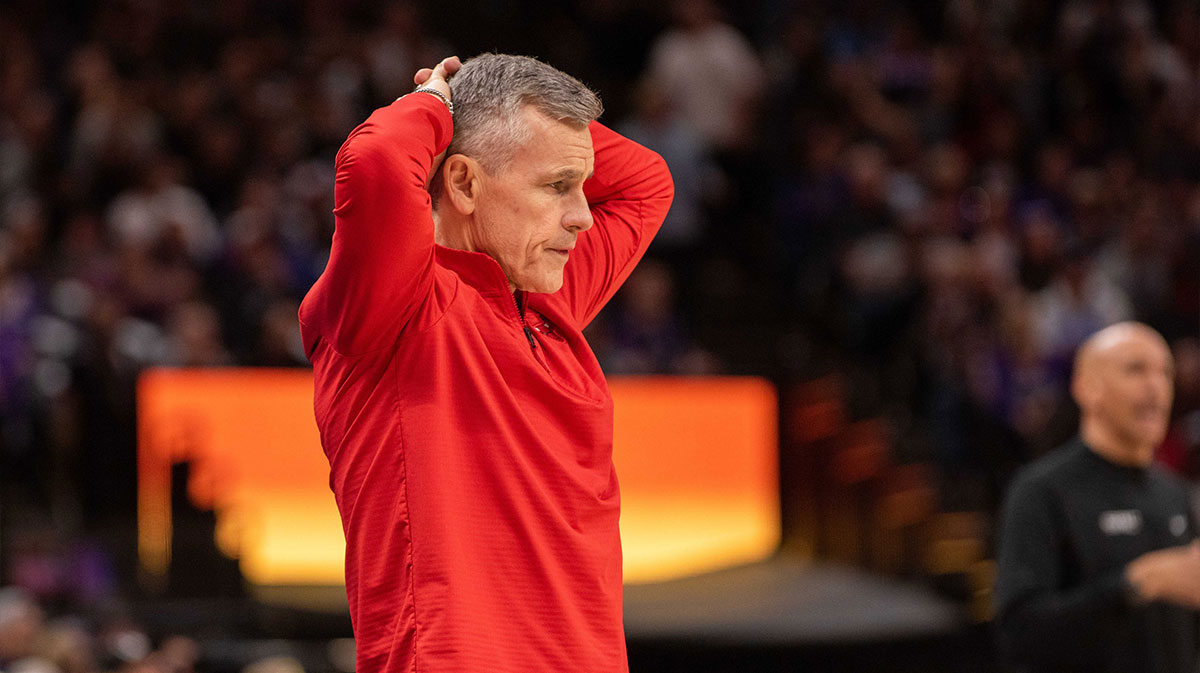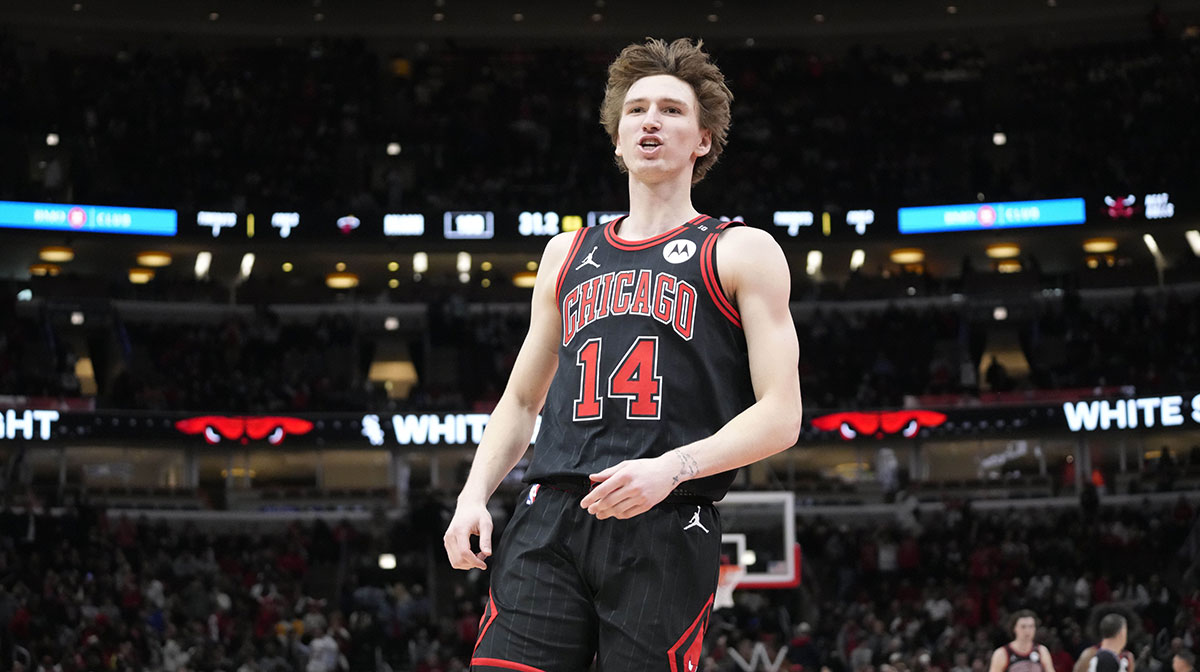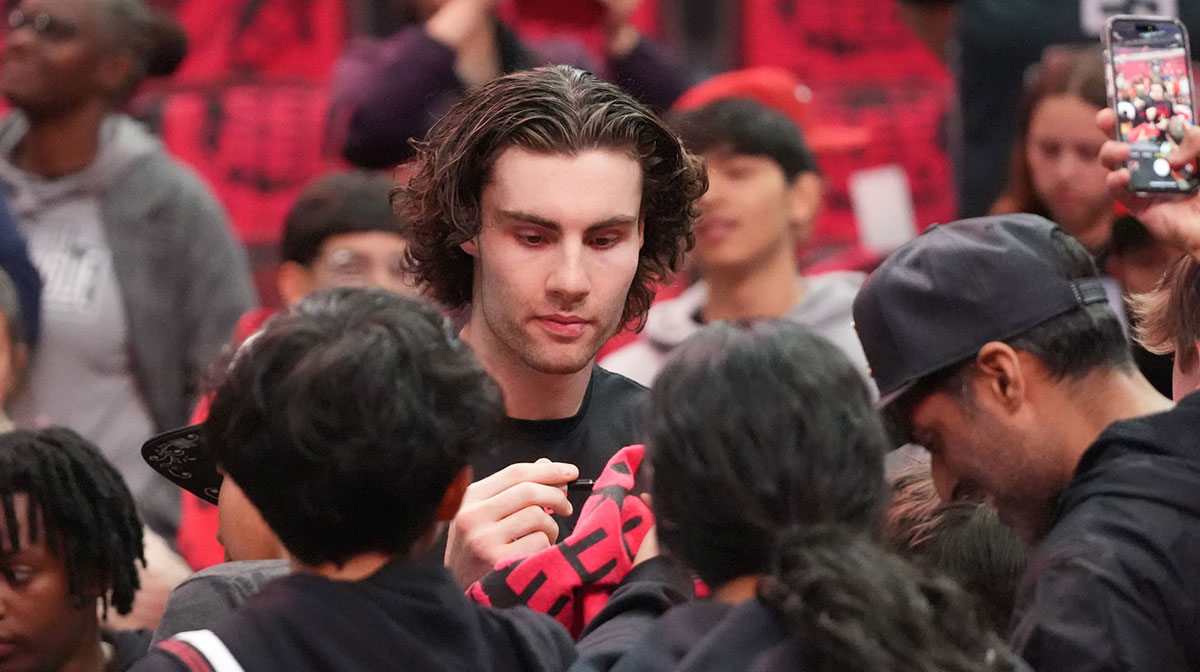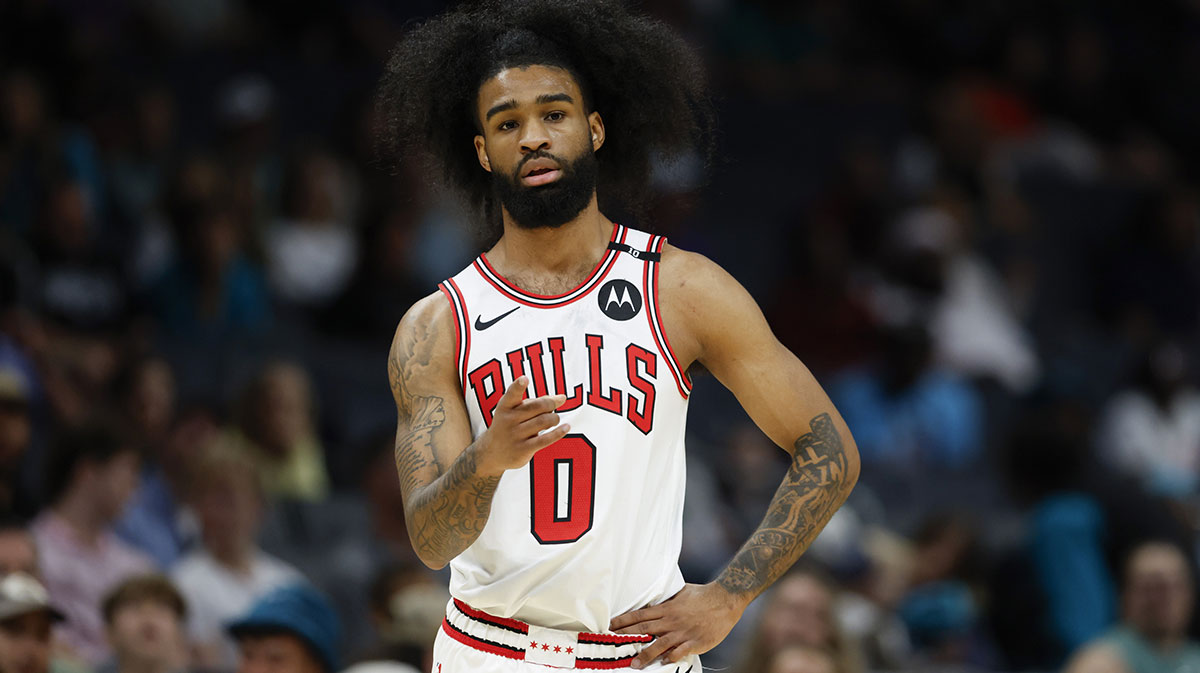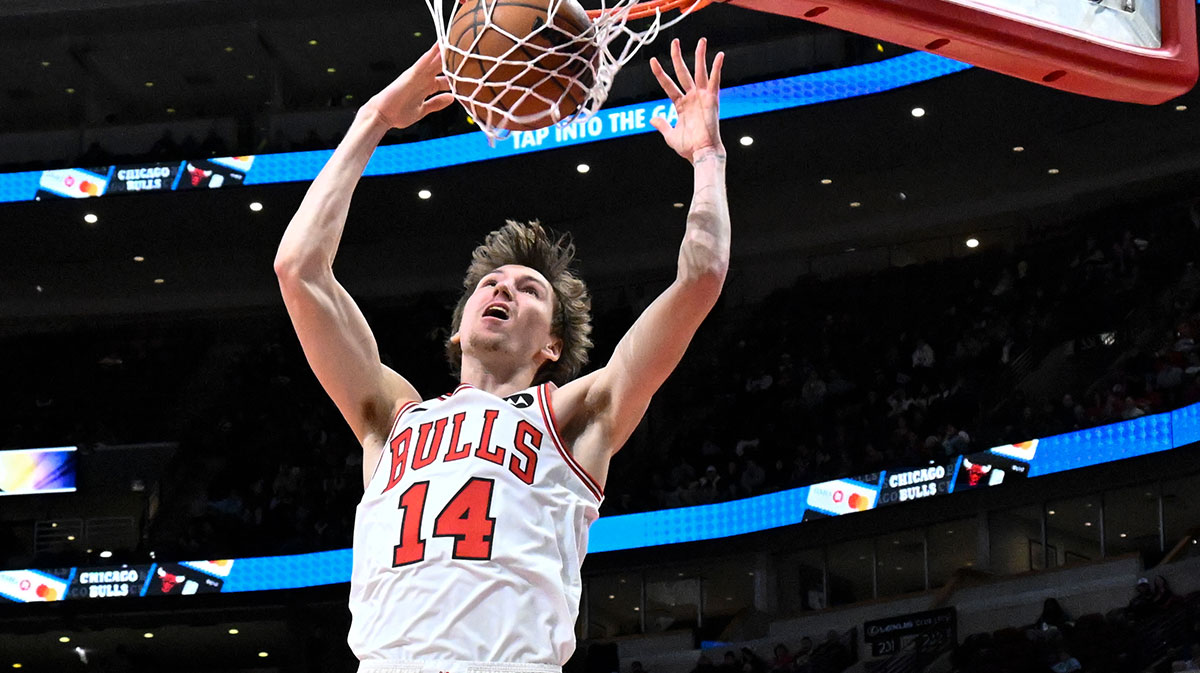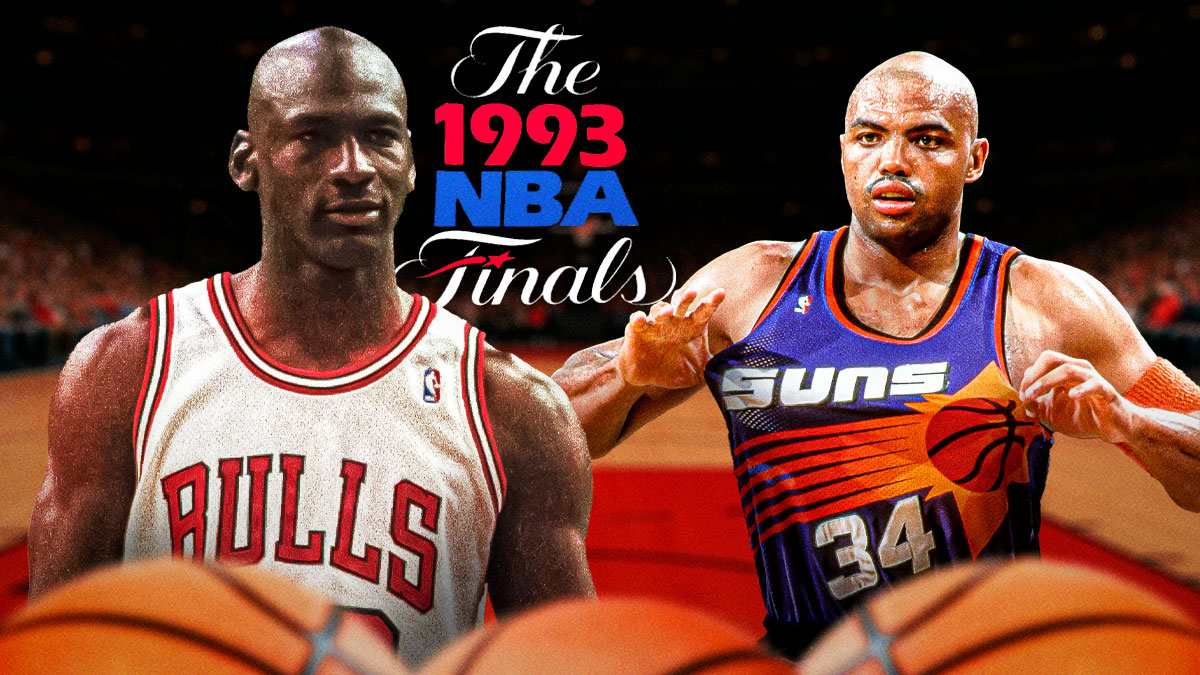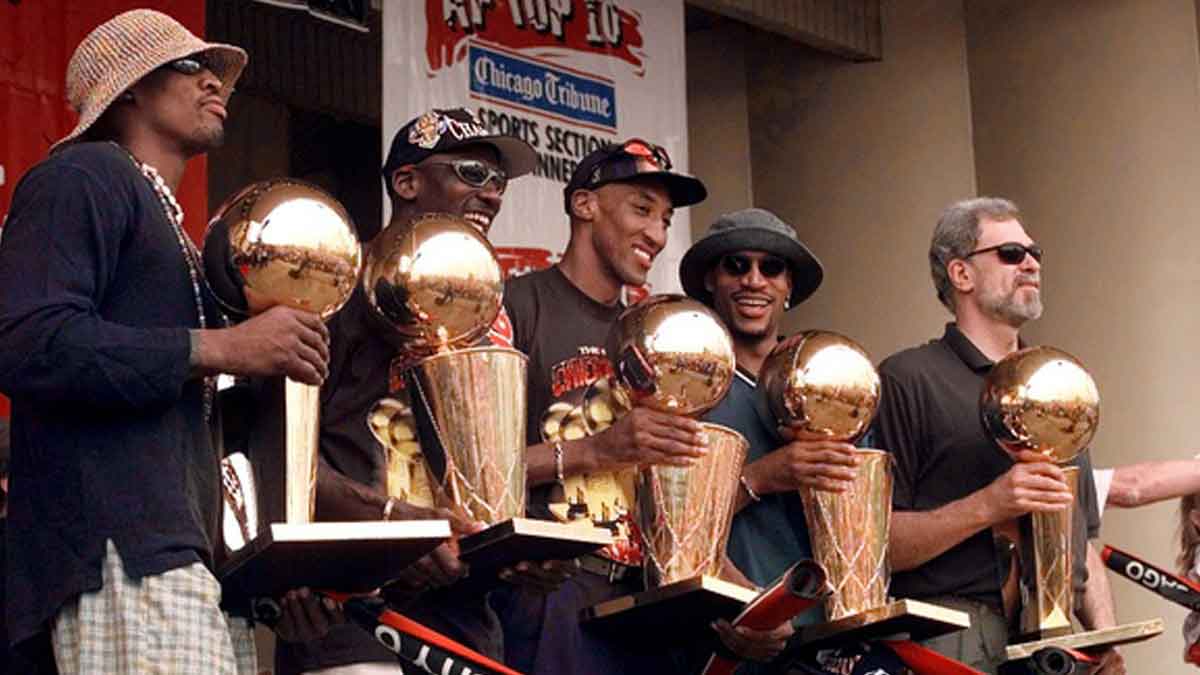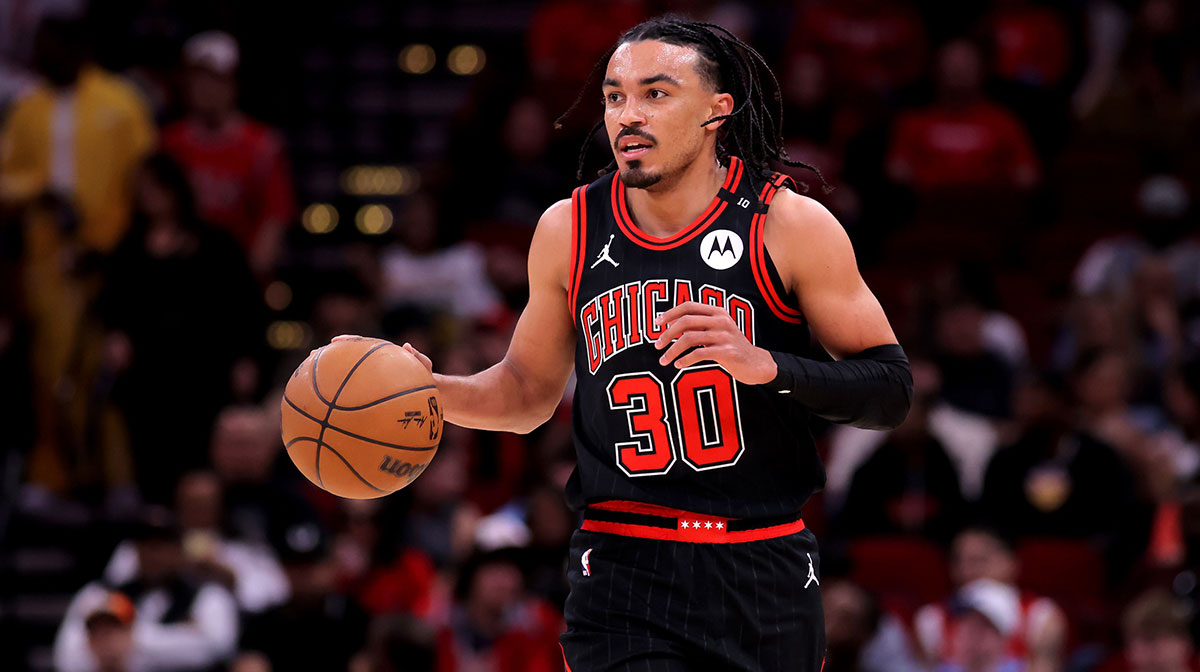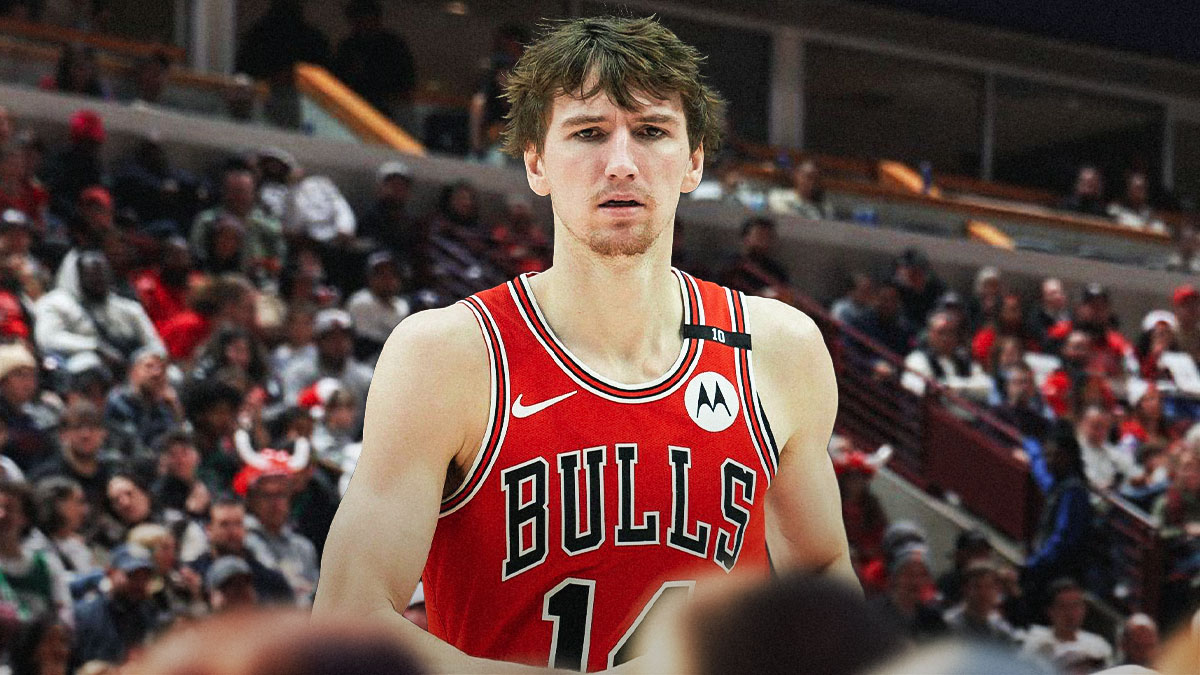There are three types of teams in the NBA: those competing for an NBA championship, those looking for a direction, and those competing for the number one pick in the NBA Draft. The teams competing for a high draft pick are rebuilding in hopes of finding young players to establish a foundation. Those teams are the Phoenix Suns, New York Knicks, Cleveland Cavaliers, Chicago Bulls, and Atlanta Hawks.
In some cases these teams are tanking, and while they wish for internal growth, they value a high draft pick over everything else. It's disgraceful to their fans and a horrific look for the organization to free agents. But these teams do have some youth worth boasting about.
Here is a ranking of these rebuilding teams' young cores.
5) Cleveland Cavaliers
Outside of Kevin Love and Tristan Thompson, the Cavs are a team banking on internal development. While he has struggled defensively rookie point guard Collin Sexton is the best thing the Cavs have going for their future. Averaging 15.1 points per game while shooting a respectable 38.3 percent from beyond the arc, he has showcased the ability to score on a consistent basis. Whether it be getting to the rim or running the fastbreak, Sexton is capable of being a vital source of offense.
Forward Cedi Osman has also been an encouraging development, averaging 13.1 points per game and playing competent on-ball and perimeter defense. Guard Jordan Clarkson is having a career-year in his first full season with the Cavs, averaging 17.0 points per game off the bench. Meanwhile, forwards Larry Nance Jr. and Marquese Chriss have provided them with an athletic presence on both ends.
Unfortunately for the Cleveland faithful this unit has been unable to hang with any team that isn't included in this article. Currently 16-48 they're the 14th seed in the Eastern Conference, are inconsistent, and have few, if any, defensive enforcers. Perhaps Love and Thompson could be traded for draft picks and/or young players, but it's a long road back to relevance for the Cavs.
4) New York Knicks
The Knicks are the youngest team in the NBA, but have some intriguing young players nevertheless. Rookies Kevin Knox, Mitchell Robinson, and Allonzo Trier have shown glimpses of promise; Knox has showcased the ability to get to the rim and score; Robinson has been money inside and a shot-blocking assassin; Trier plays with aggression offensively.
After coming over in a trade that sent Kristaps Porzingis to the Dallas Mavericks, second-year point guard Dennis Smith Jr. has been a welcome addition to head coach David Fizdale's rotation. He's explosive, can get to the rim with ease, find the open man, and went into Monday night averaging 14.8 points and 6.6 assists per game since landing in the Big Apple. Concurrently, Damyean Dotson has been a steady two-way force, shooting off the dribble and playing lockdown defense.
The problem is that despite the encouraging aspects of their games, the bulk of the Knicks young core has a glaring weakness in their respective skill sets. Knox, Trier, and Smith struggle mightily defensively, and Robinson gets into foul trouble often. The NBA world is enamored with the prospect of the Knicks signing two stars this summer, but until they actually do as such, their young core is their identity. While talented, the Knicks are multiple years away from competing for the playoffs.
3) Phoenix Suns
The Suns have owned a top-five pick in each of the last three NBA drafts and selected Devin Booker in 2015 — who has panned out to be a perennial All-Star. The Suns have hit on two of those top-five picks and seen internal growth with some individuals on their frontline.
Deandre Ayton has been as advertised in his rookie season, flourishing in the post and hitting the boards; he went into Monday night averaging 16.6 points and 10.4 rebounds per game. Forward Josh Jackson has struggled offensively, but provides an athletic presence on the other end of the floor. Before suffering an ankle injury, T.J. Warren was averaging 18.0 points per game and shooting an impressive 42.8 percent from beyond the arc. After coming over in a December trade from the Washington Wizards, Kelly Oubre Jr. has been a spark plug off head coach Igor Kokoskov's bench, as he went into Monday night averaging 15.7 points per game. Meanwhile, rookie forward Mikal Bridges is an advanced defender capable of playing out on the perimeter.
The Suns' problem is that while they have a deep core, they've continually been unable to play themselves out of the NBA's cellar and come into their own as a respectable defensive team. When you produce the same results on a yearly basis, it's difficult to say the future offers a significantly brighter outcome.
2) Atlanta Hawks

Jeff Teague, Dennis Schroder, Kyle Korver, DeMarre Carroll, Paul Millsap, and Al Horford are gone, and the Hawks have fully embraced a rebuild. But two and a half years into that process, they have a trio worth building around, that being Trae Young, John Collins, and Taurean Prince. While his defense is an area of concern, Young is a splendid offensive playmaker. He plays with aggression, serves as a go-to scorer, and can find the open man. While turnovers have been an issue for Young (he went into Monday night averaging four turnovers a game), the 18.3 points and 7.8 assists per game he has been putting forth are impressive.
The Hawks leading scorer and rebounder, Collins (he's averaging 19.5 points and 9.5 rebounds per game), has been a physical specimen. Whether it be finishing with authority inside, hitting the boards, or using his 6-foot-10 frame to absorb contact, Collins makes his presence felt on both ends. Meanwhile, Prince provides a defensive surge and is willing to hoist up outside jumpers while Dewayne Dedmon has grown into a steady center through his ability to finish inside and hit the boards.
While those players should enthuse the Hawks' faithful, management needs to add depth and balance in terms of young and proven players. They have the best record out of the five rebuilding teams (22-43), but depth and defensive inconsistency, as a whole, are what stands in the way of them taking the next step.
1) Chicago Bulls
The Bulls identity, as a franchise, is superstars, back-to-back-to-back NBA championships, and deep playoff runs — making their inability to compete for the playoffs difficult to fathom for the Bulls fanbase. At the same time, they have one of the best young cores in the sport.
In his second season with the organization, Zach LaVine has been the driving force of the Bulls offense. Whether it be playing in isolation, attacking the rack with aggression, or skying above the rim, he has been a force to be reckoned with offensively. Averaging 23.4 points per game LaVine has sniffed the production of a young Derrick Rose. By LaVine's side is one of the most talented young frontlines in the NBA. Lauri Markkanen has continued to be a well-rounded scorer. He can stretch the floor, shoot off the dribble, and is averaging 9.3 rebounds to go along with 19.6 points per game.
Rookie big man Wendell Carter Jr. has been efficient in the 25.2 minutes a game he has played this season, averaging 10.3 points, seven rebounds, and 1.3 blocks per game. He can play inside, hit the boards, and is athletic for his size. The acquisition of forward Otto Porter Jr. before the NBA trade deadline provided the Bulls with a reliable “three and d” wing and showed that they aren't in full-fledged tank mode — though an 18-46 record is discouraging. The Bulls have three and potentially four players to build around. They may not be a playoff team next season, but the Bulls have a deep young core that they should be optimistic about moving forward.

